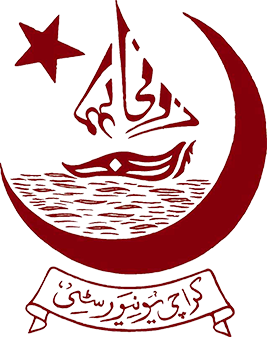Introduction
Education represents the bedrock of intellectual and citizen consciousness for development of any country. However, the success or failure of many education policies and programs rests on the level of funding and management, to a large extent. This study examines the level of funding and management under two different regimes in Nigeria; the civilian and military. The sources and associated problems with government funding of public higher institutions are identified as well as their possible imparts and implications. Descriptive Statistics and Ordinary Least Square (OLS) regression were employed in comparing the funding and management of education during the two regimes in Nigeria. The relationship between the government capital and recurrent expenditure on education and economic growth during the years under review, were equally established.
The study reveals that though the funding of education is under the concurrent list in constitution, it has received less than the expected funds from both the federal and the state governments under the civilian and military regimes, especially the military government. Thus, the near total of the sector and the unimaginable loss of income to other nations collapsed, through immigration of Nigerians to other parts of the world for qualitative education and the teeming figure of the unemployed.
To foster a more efficient and effective funding of education for a more robust higher learning institutions in Nigeria, the implementation of the UNESCO recommendations of twenty-six per cent of annual budget for the education sector is a necessary condition. Private corporations should be encouraged to increase their social responsibility to the education institutes.



